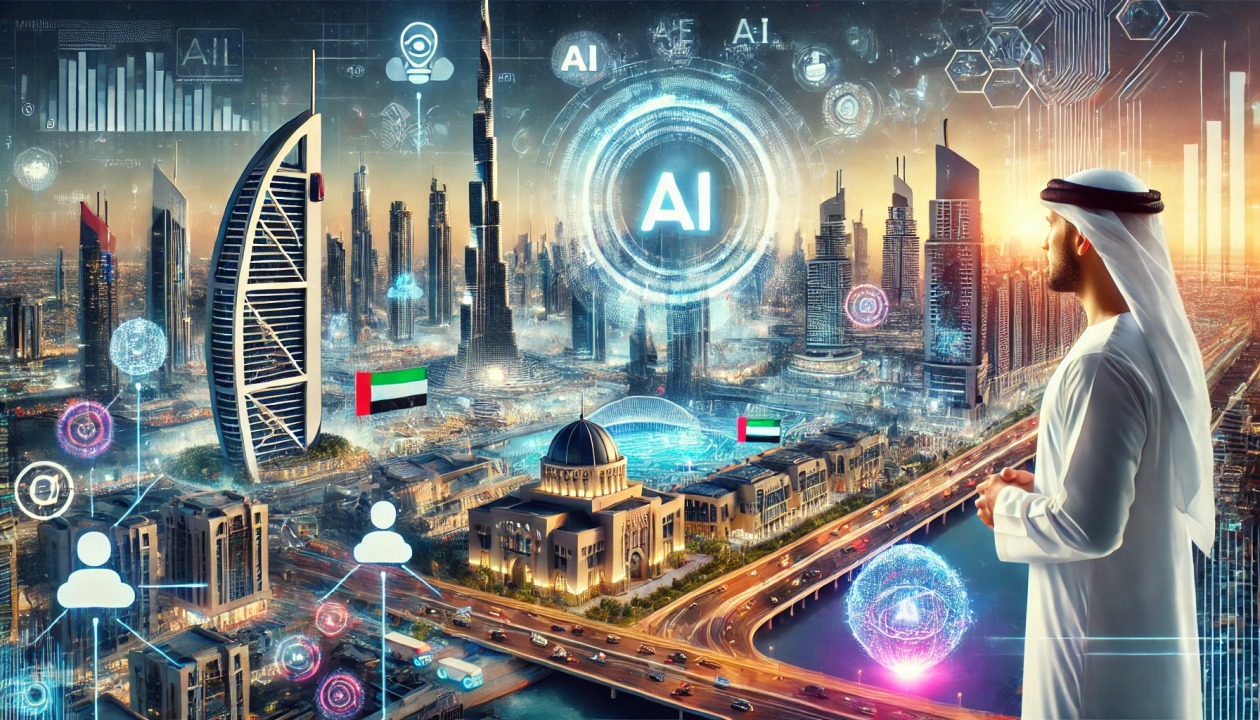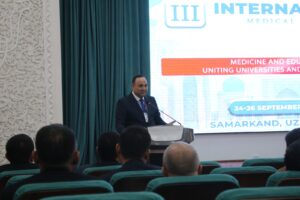When an aspiring AI entrepreneur from Sharjah heard about the ‘Highway to 100 Unicorns’ summit, they were an undergraduate developing a startup idea in their spare time. Through determination and talent, they presented AI innovation at the event that captures the nation’s ambitions. At the Highway to 100 Unicorns, the focus was on becoming a global center for artificial intelligence. Rooted in innovation and talent, the country is creating an ecosystem to attract, grow, and retain top AI professionals worldwide.
Building the AI Nation: Attracting Tech Talent
In this session, leaders said talent drives AI advancement. Giuseppe Porcelli, CEO of Lakeba, emphasized the importance of cultivating problem-solvers through strong education and targeted programs. Garvin Reid outlined support for AI education and talent mobility, citing the audit for golden visa opportunities and initiatives, such as Optional Practical Training, mentioned in the webinar.
The discussion highlighted how foresight has guided national progress over the past five decades, underscoring a commitment to integrating research, industry, and education. All agreed that bringing ecosystems together is vital to maintaining an AI edge.
Key takeaways: The nation prioritizes continuous hiring, talent enablement, and inclusion, especially for Women in AI. These efforts are central to sustaining a vibrant AI ecosystem. To help turn these commitments into real impact, we encourage readers to get involved directly. If you are an experienced professional, consider pledging to mentor a woman entering the field of AI through the Mentorship Pledge. If you wish to support financially, consider joining the Joint Sponsorship Program to support women pursuing careers in AI. By choosing one or both actions, you can help advance inclusion and create positive, measurable change in your community.
Pioneering the Future: Women Leading the Way in AI
The second session, titled “Women in AI: Journeys, Challenges & the Road Ahead,” highlighted the importance of resilience, leadership, and inclusive innovation within the AI sector.
Dr. Aishah Alyammahi encouraged women in tech to “show up as you are” and approach AI boldly, while Simran Bagga underscored the transformative impact of mentors and networks in shaping futures. The panel highlighted the reality of ongoing barriers, including limited access to sponsorship and leadership roles.
Lorena Puica provided a powerful perspective on empathy-driven AI design, emphasizing that embedding empathy in business and technology is crucial for creating sustainable and impactful solutions.
Conclusion:
Mentorship, sponsorship, and visibility are essential for women to not only participate but also excel in AI. Ongoing commitment to closing these gaps ensures a promising, inclusive, and transformative future.
Whether you’re a policymaker, innovator, or aspiring AI leader, these sessions reinforced one truth: the country is investing in those shaping AI’s future. As the U.S. and China advance quickly, this region is building a distinct path by focusing on people and inclusion, developing technological skills, and achieving a competitive edge. While China utilizes data and state backed research, and the U.S. leverages its tech ecosystem and universities, the focus on talent programs, such as Golden Visas, demonstrates a strategic vision for AI leadership. This investment in people is not just beneficial it’s crucial for innovation and the Middle East’s global position.
Also Read: Hotel Management Courses in Dubai
Contact US
Visit Us: Stanford Global Education, Office No 203 B, 2nd Floor, Business Atrium Building, Oud Metha, Dubai
Call Us: +971 58 648 2330
Email: info@stanfordglobaleducation.com
Book Your Free Consultation Today and take the first step toward your global future!








